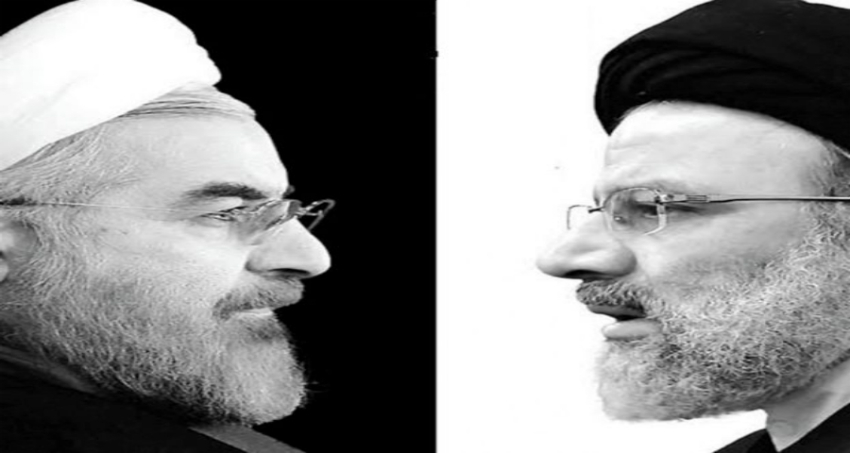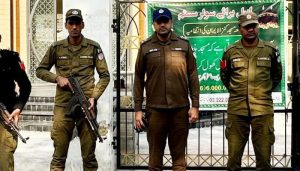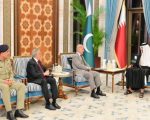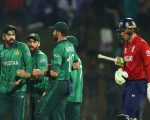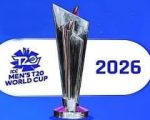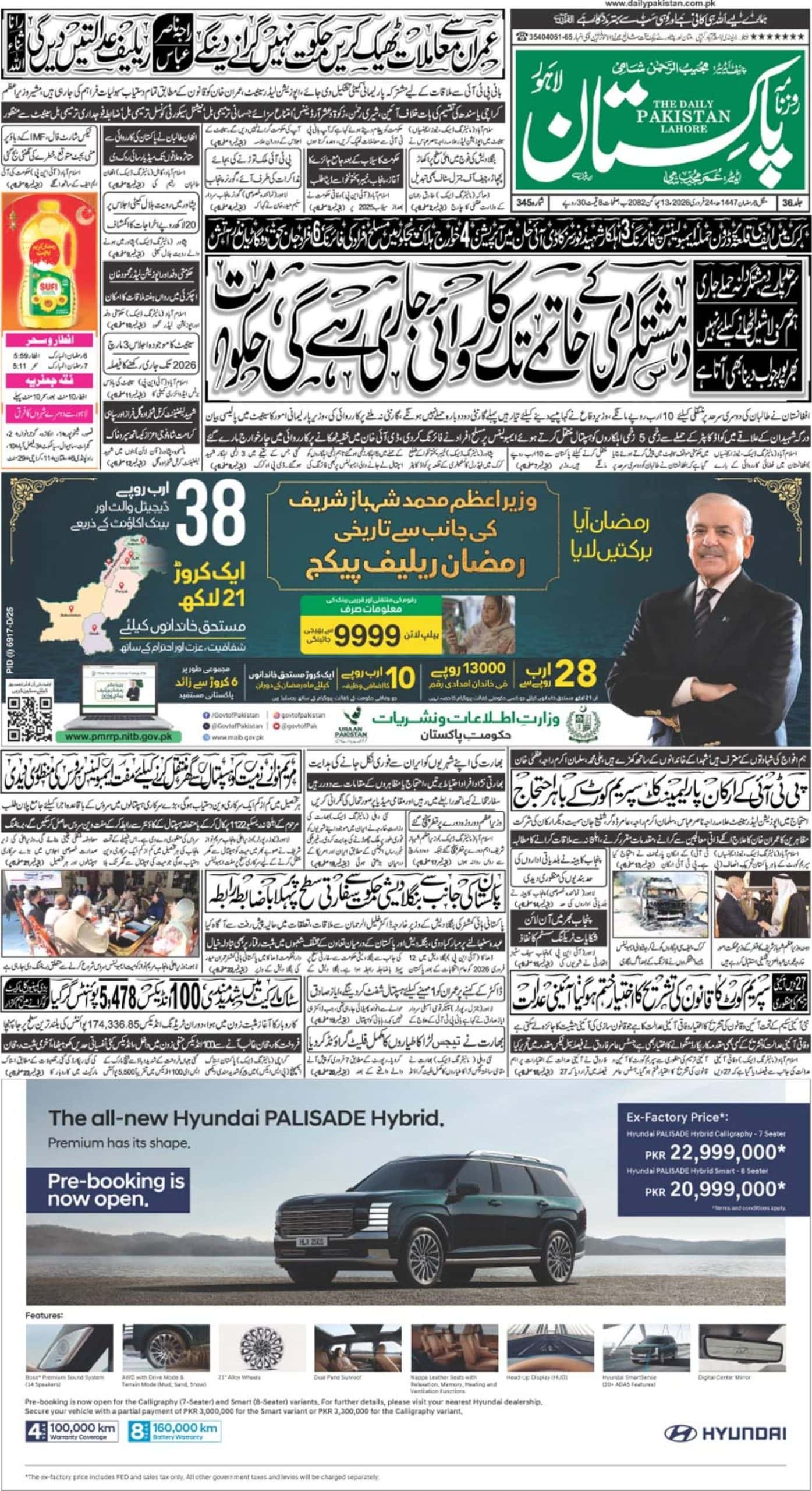The Middle East will be in the limelight for the next 24 hours at least. While some 58 million Iranians vote to choose their president, US President Donald Trump lands in Saudi Arabia on his maiden tour to the Middle East.

The first image going viral from Iran Friday morning was of Ayatollah Al Khamenei casting his vote. There’s not much doubt as to which of the contenders won his support. Incumbent Hassan Rouhani and Ebrahim Raisi are the front-runners in the race. The officials have already indicated that the chances of a run-off are slim given a visible lead of the top rivals against other competitors according to the exit polls. Iran does have political parties but with a notable caveat of strictly operating in the narrow political space sanctioned under the 1979 constitution. As Ayatollah Ali Khamenei holds total sway over the affairs, the elections are seen as a selection from the list of approved candidates. Critics call the process unfair and unfree.
Who are the frontrunners?


Adorning the white turban that labels him as a religious leader, Dr Hassan Rouhani was groomed and patronised by Ayatollah Ali Khamenei himself. His rise to political elite could not have been possible without the direct support of the supreme leader. Rouhani succeeded Ahmedinejad almost four years ago with a mandate to reform the economy and end the country’s isolation. During his first term, tough negotiations with the global powers in 2015 resulted in the lifting of decade-long sanctions against the Iranian nuclear program.
Sporting black turban symbolising a direct descent from the Prophet Muhammad (peace be upon him), Ebrahim Raisi was earlier tipped off to be the prime candidate to succeed Ali Khamenei as the spiritual leader. Today, he is running for the presidency with his full blessing. The man has served Iran’s prosecutor general and remains controversial. Raisi has cultivated his political base amongst the people for holding the office of custodian of Astan Quds Razavi or caretaker of the Imam Reza shrine.
The other contenders with lower poll ratings for the presidential office Eshaq Jahangiri and Tehran mayor Mohammed Bagher Ghalibaf have withdrawn Tuesday night in favour of Rouhani and Raisi respectively.
What’s the process?
The race began with over 800 candidates but except eight, the Guardian Council, the Iranian equivalent of the election commission, rejected all. Women are not allowed to run for the office and neither are non-Shi’ites (such as Sunnis, Baha’is, Zoroastrians, Jews to name the prominent minorities). A 73-year female filed her papers this time but the council rejected her plea.

The Ayatollah has the final say as to who should be contesting for the vote. In recent debates, which were not televised live, candidates were barred from discussing Iran’s policies towards Syria, Iraq and other Middle Eastern countries. The process is so stringently managed that two-term former president Ahmadinejad was disqualified from entering the contest. Even at one point, it was instructed that photographs of Major General Qassem Solaimani, who is Iran’s shadow commander for all militant proxies, must not be used in the election campaign.
Under the watch of the Guardian Council, the electoral process has been subject to serious credibility issues. The body comprising vanguards of the 1979 revolution, which resulted in the massacre of some 30,000 Iranians, have traditionally applied thin filters on political openness as well as parties promising modernity. The criteria for electoral filtering is ambiguous and controversial, contrary to the spirit of public will.
What makes today’s election special?
The 2017 elections are even more special than of 2009 when heavy-handed force was used to quell protests called Green Revolution, which supported opposition candidates Mir-Hossein Mousavi and Mehdi Karroubi against incumbent President Ahmadinejad. Though Rouhani has been a thoroughbred establishment figure all along, the military power arm – Islamic Revolution Guard Corps – has been opposed to his closer ties with the west, which flourished during secret and direct negotiations with the United States in a bid to shun nuclear program-related sanctions.

The Ayatollah and the Revolution Guards Corps had some objection to the nuclear deal and lifting of sanctions. What they did not appreciate was Rouhani’s plea to reduce the IRGC’s foreign footprint, which had become too overt during his reign. The western diplomats in closed-door meetings warned of costs for disrupting the status quo and spread of armed mercenaries and militias. Not only the Rouhani regime lost the establishment’s favour he has been helping strengthen but also executive space to the IRGC.
Ebrahim Raisi, the challenger, is notorious for his role as a key member of the ‘Death Commission’ in the summer of 1988, which oversaw the massacre of 30,000 political prisoners, mostly members of the opposition People’s Mujahedeen of Iran. One of the commission members, Mustafa Pourmohammadi, sat in Rouhani’s cabinet as minister of justice.
Both are Shiite Muslim clerics who strongly believe in the idea of a theocratic Iran run by clerics. Rouhani is a globalist while Raisi is a religious radical and nationalist. The incumbent president believes in the liberal economy while his rival does not. The Mashhad-born son of a cleric heads the Astan Quds Razavi which boats fund amounting to $21 billion.
If Rouhani loses the election, it has nothing to do with his so-called reformist image but more to do with annoying the IRGC and the Ayatollah while pushing for greater financial and executive control over policies. In his four-year term, the president has failed to revive the economy and improve the crumbling infrastructure. His tenure was no different from his predecessor in terms of human rights abuses too.
What are the possibilities?

Rouhani has greater appeal amongst the youth, which forms the majority of his vote bank. The polls have so far shown him leading the race. Ayatollah Khamenei has also called for greater turnout in the election, a call for Raisi’s older and more conservative supporters to show up at the booths. The IRGC affiliated institutions and businesses too have generously and aggressively campaigned funded for the cleric who may become Khamenei’s successor in case of election defeat.
What are the implications?
If Rouhani loses, the message Iran sends to the outside world is simple: brace for impact. The Raisi regime will pose little resistance to the military’s designs for reshaping the immediate as well as the distant neighbourhood. The funding for pro-Iran elements, lobbying groups or armed proxies, across the world will increase and so will the rhetoric. Tehran will adopt more confrontational policies with little resistance from within. The nuclear deal may fall apart with western sanctions reverting back along with additional ones for supporting terrorism. Given Putin’s assertive policies, UN Security Council may not validate the renewed western sanctions. Russia will be Iran’s power partner with shared objectives of disrupting status quo and expanding the sphere of influence in respective regions of interest. The Raisi regime and the Kremlin may, however, disagree over Syria and Lebanon and that is it.
In Rouhani’s victory case, Tehran will be in a state of overt chaos. The president will have to either tone down his opposition to IRGC’s designs in the Middle East as well as missile and military build up at home or wear a brave face to prove himself what he has been pretending to be all along: a reformer. With 77-year-old ailing Khamenei on the exit path, Raisi will be the obvious successor, thus spelling even greater trouble for Rouhani’s second stint in the presidency.
If he acts pragmatically and mends fences with assertive IRGC, the two-term president will focus on Iran’s economy and society while leaving security and foreign policy to the military. Rouhani will suffice to become a lame-duck ruler. While the foreign ministry is already fighting a losing battle against IRGC for ambassadorial postings, his foreign minister will still be needed for firefighting missions triggered by the clandestine and rash acts of the military’s armed mercenaries.
Whether Rouhani wins or loses, foreign observers predict very little difference in Iran except for the colour of the turban. Whether the white turban or the black one wins, the power of the Ayatollah and the system he commands won’t fade. The military is the custodian of his ideology and the establishment it gave birth to. However, the country’s biggest threat is not external but internal. From defying strict dress code to seeking better jobs and demanding services at par with the world, the youth are a force to reckon with in Iran. The stagnancy of social and political policies annoys the youth. Add to that the large Iranian diaspora in Europe and America, which is struggling for a democratic change at home. The 200-odd airliners Iran is buying from Boeing and Airbus will not only ferry Iranians and tourists but will also become carriers of newer aspirations and tastes for two generation of Persians isolated from the world as well as their fellow countrymen in exile. It’s only a matter of time when protests similar to Green Revolution will erupt in Iran against foreign interference at the cost of the country’s ‘sacrificing’ youth and financial resources spent in foreign lands.

